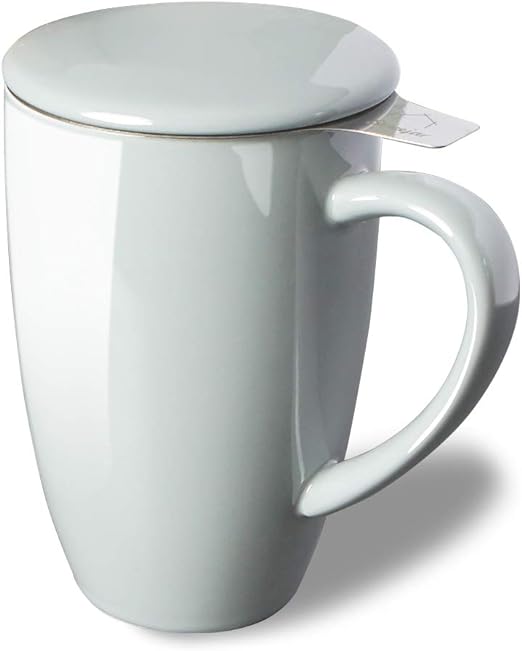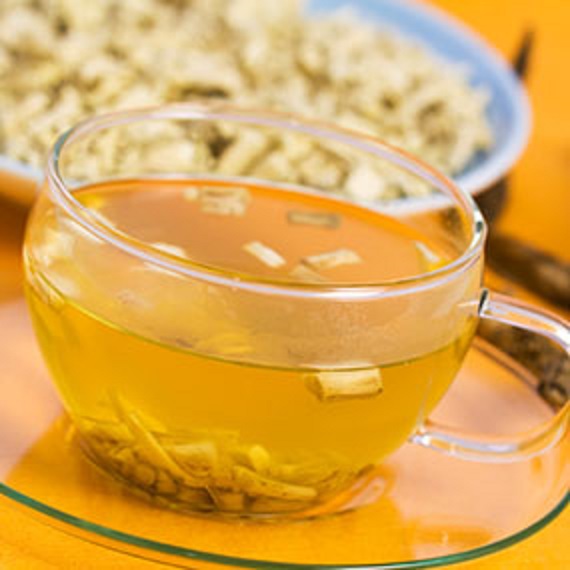Antiviral herbs inhibit the development of viruses. Many of the best antiviral herbs boost the immune system, which allows the body to attack viral pathogens. This can be even better than attacking specific pathogens, which antiviral drugs are designed to do, because pathogens mutate over time and become less susceptible to treatment.
Not only do antiviral herbs fight viral infections, boost the immune system and work as flu natural remedies, but they have a number of other health benefits, such as cardiovascular, digestive and anti-inflammatory support.
Antiviral
An herb that kills viruses or slows the progression of viral infection in the body.
Here are herbs with powerful antiviral activity.

Oregano
Oregano is a powerful antiviral agent. Oregano is a popular herb in the mint family that’s known for its impressive medicinal qualities. Its plant compounds, which include carvacrol, offer antiviral properties. You can cook with oregano or add it to herbal tea blends, but the best way to use it is Oregano oil.
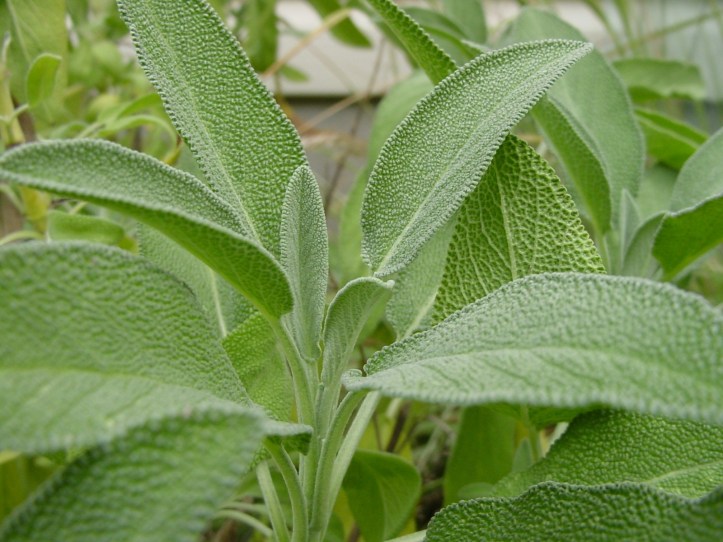
Sage
Also a member of the mint family, sage is an aromatic herb that has long been used in traditional medicine to treat viral infections. The antiviral properties are mostly attributed to compounds called safficinolide, which are found in the leaves and stem of the plant. You can cook with Sage, make a tea for drinking or throat gargle, or blend it in herbal teas.

Basil
Many types of basil, including the sweet and holy varieties, may fight certain viral infections. You can cook with Sage, make a tea for drinking, or blend it in herbal teas. One of the best ways to enjoy it is fresh in pesto in which there are many recipes. Fresh shredded leaves are delicious on salads or in stir fry recipes.
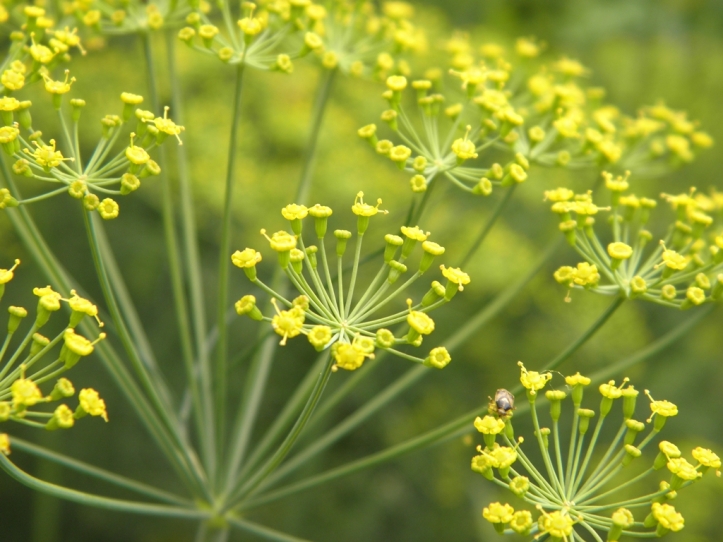
Fennel
Fennel is a licorice-flavored plant that may fight certain viruses. You can cook with Fennel seeds or leaves, make a tea for drinking, or blend it in herbal teas. One of the best ways to enjoy the fresh bulb is in a stir fry. Fresh shredded leaves are delicious on salads. Seeds are great in breads.
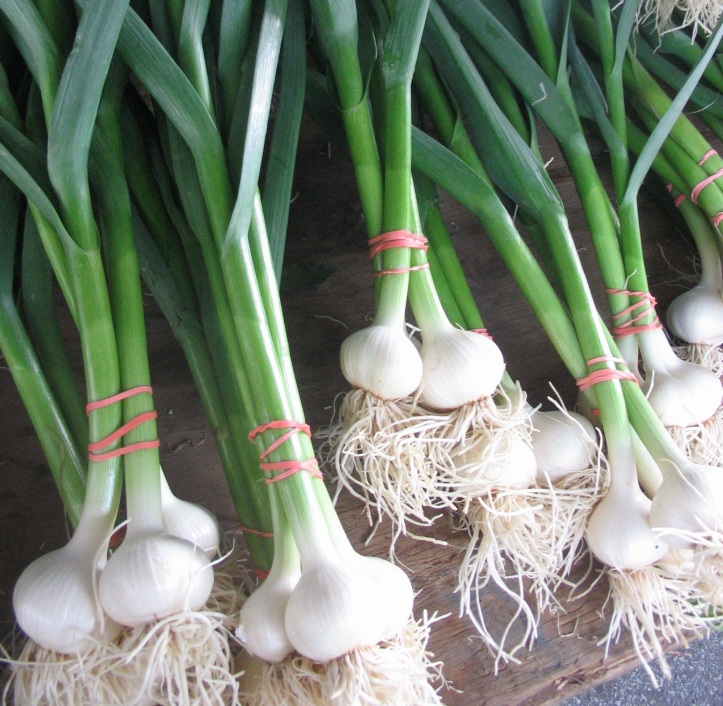
Garlic
Garlic is a popular natural remedy for a wide array of conditions, including viral infections. The fresh or dried cloves are delicious in stir fry, and roasted meats. They can be added to smoothies. Fresh chopped leaves can be used in salads, stews, or eggs. A favorite way to take Garlic is a cough syrup you can make at home. It’s called Garlic, Onion, and Honey Syrup. Free recipe HERE.
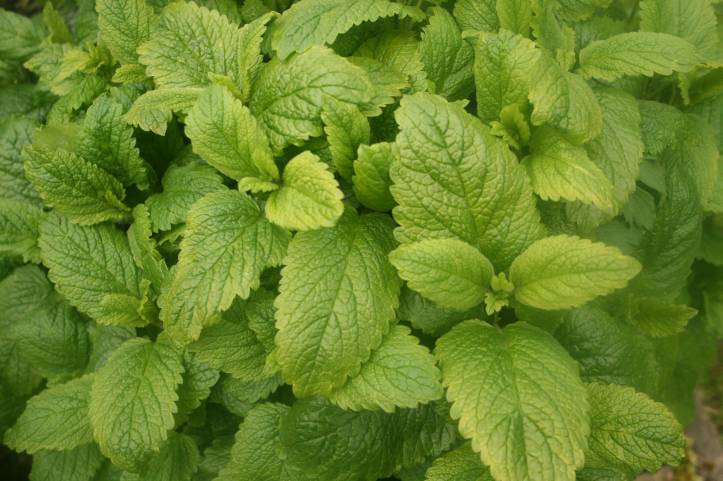
Lemon Balm
Lemon balm is a lemony plant that’s commonly used in teas and seasonings. It’s also celebrated for its medicinal qualities. Lemon balm extract is a concentrated source of potent essential oils and plant compounds that have antiviral activity. It’s useful for the herpes viruses, and other viruses. Another way to enjoy it is place in the warm bath.
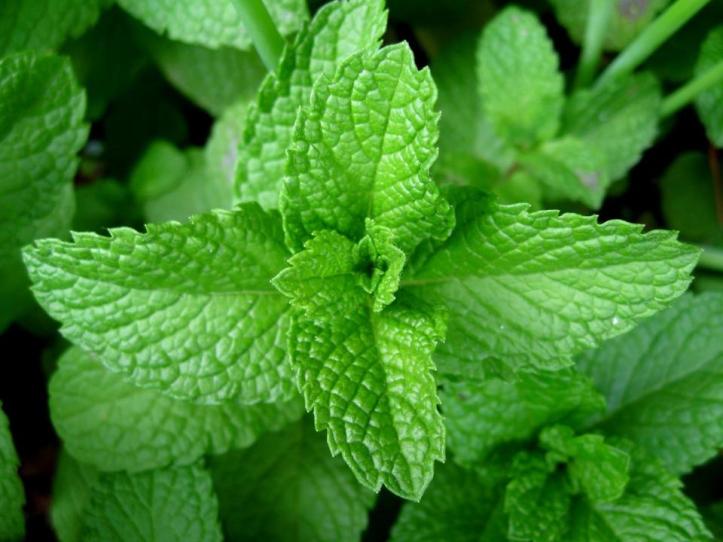
Peppermint
Peppermint is known to have powerful antiviral qualities and commonly added to teas, extracts, and tinctures meant to naturally treat viral infections. Its leaves and essential oils contain active components, including menthol and rosmarinic acid, which have antiviral and anti-inflammatory activity.
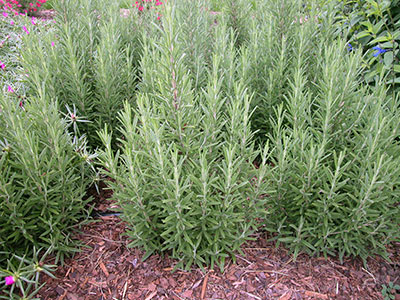
Rosemary
Rosemary is frequently has therapeutic applications due to its numerous plant compounds, including oleanolic acid, which has displayed antiviral activity against many viruses. Use Rosemary in cooking and roasting, herbal tea blends, salves, soaps, and tinctures. Cut the long stems and lay them around your house to release a fresh pine fragrance.

Enchinacea
Echinacea is one of the most powerful natural antivirals against human viruses. It contains a compound called echinacein that inhibits bacteria and viruses from penetrating healthy cells. This greatly reduces the chances of contracting any type of infection while consuming echinacea. Therefore, it is best used at the onset of the sickness for only 4 weeks. Use flowers, leaves, and roots in teas, infusions, and tinctures.
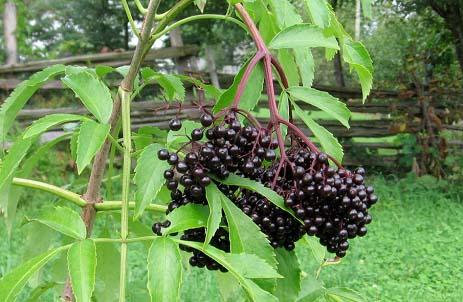
Elderberry
Elderberry is found to substantially reduce upper respiratory symptoms caused by viral infections. It fights infections including influenza, herpes, viral infections and bacterial infections. But is best used as a preventive herb, but helpful during the illness. Use flowers and berries in teas, infusions, tinctures, and syrup. Our free recipe for syrup HERE
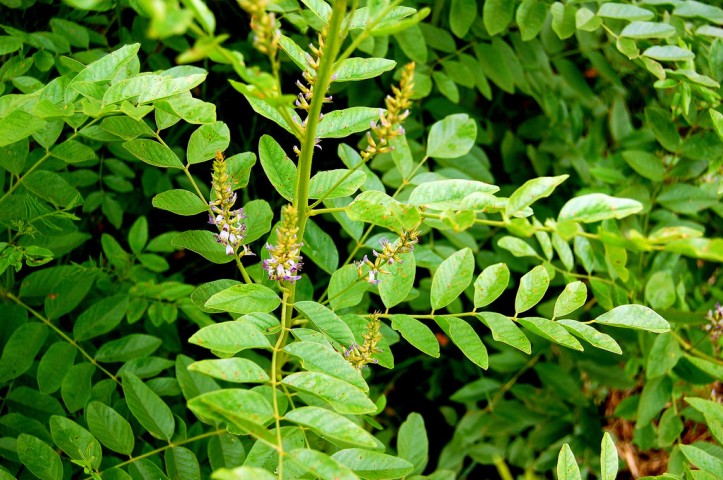
Licorice Root
Licorice has been used in traditional Chinese medicine and other natural practices for centuries. Glycyrrhizin, liquiritigenin, and glabridin are just some of the active substances in Licorice that have powerful antiviral properties. Licorice root is commonly added to store brought herbal blends. Be careful with this root if you have high blood pressure.
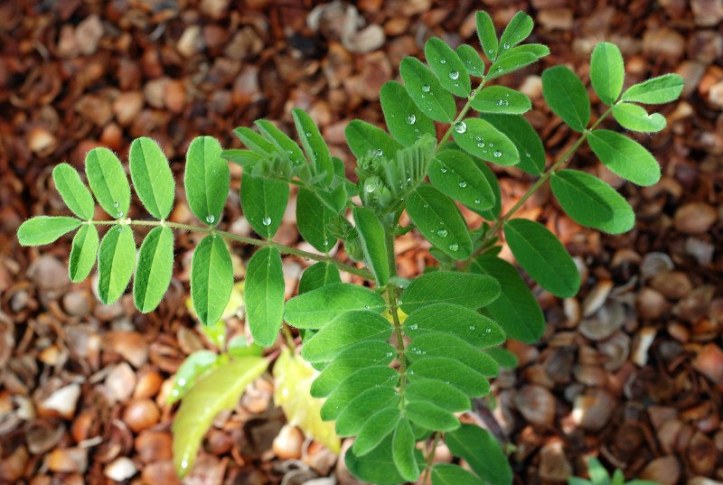
Astragalus Root
Astragalus root, another powerful antiviral herb, has been used in traditional Chinese medicine for centuries, and its main use is to boost the body’s immune system. Scientific studies have shown that Astragalus has antiviral properties and stimulates the immune system. Use this root in soups, teas, and tinctures.
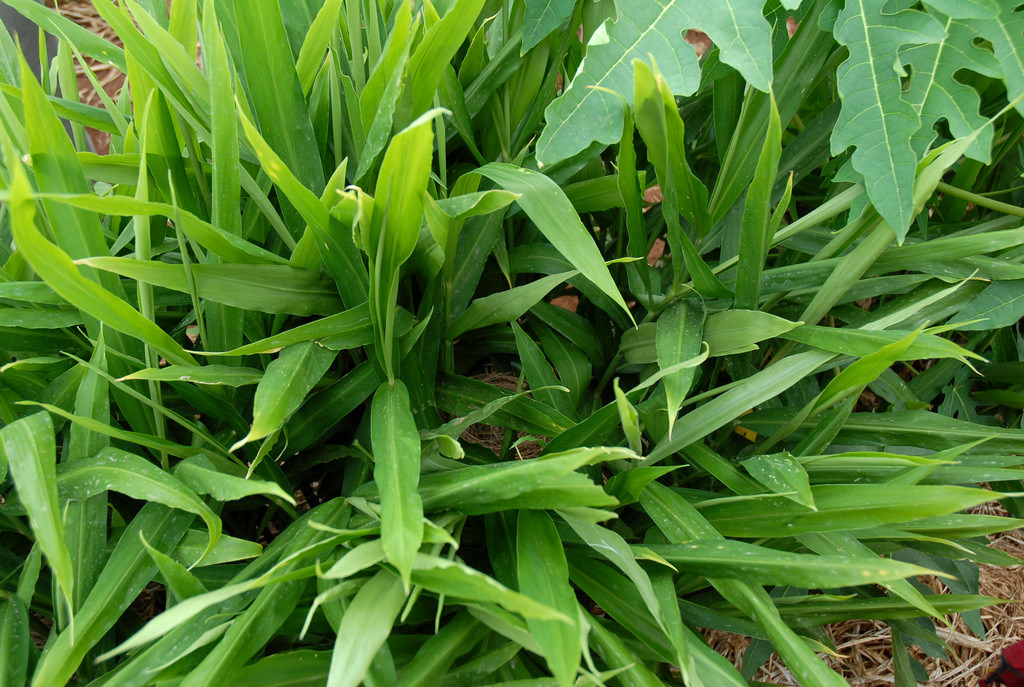
Ginger Root
Ginger products, such as elixirs, teas, and lozenges, are popular natural remedies — and for good reason. Ginger has been shown to have impressive antiviral activity thanks to its high concentration of potent plant compounds. Use this root in soups, tinctures, baking, and stir fry too.

Ginseng
Ginseng, which can be found in Korean and American varieties, is the root of plants in the Panax family. Long used in traditional Chinese medicine, it has been shown to be particularly effective at fighting viruses. Use in tea, tincture, or capsules.
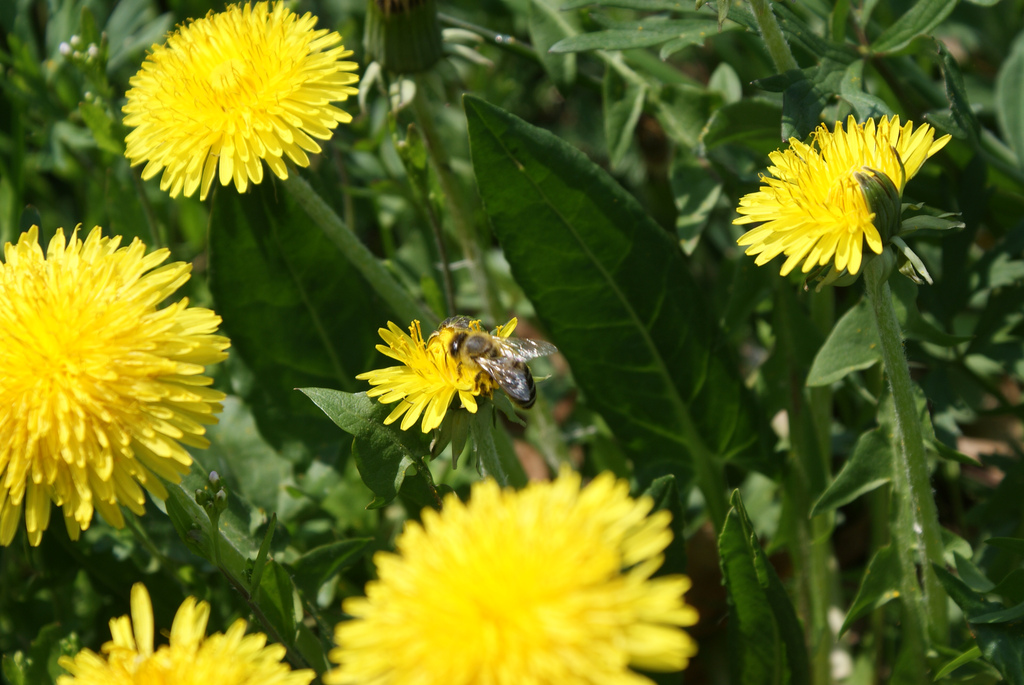
Dandelion
Dandelions are widely regarded as weeds but have been studied for multiple medicinal properties, including potential antiviral effects. The whole plant from root to flowers can be used. Use in tea, tincture, or capsules.

Calendula
The flower petals of this antiviral herb has high amounts of flavonoids, which are plant-based antioxidants that protect cells from being damaged by free radicals; it also fights viruses, inflammation and bacteria. The dried petals of the plant are used in tinctures, ointments and washes to treat infections, burns, wounds and cuts.

Cat’s Claw
The bark and root of Cat’s Claw has antiviral properties. This powerful herb is also anti-inflammatory, antibacterial and antifungal. The best way to consume cat’s claw regularly is by making an herbal tea with a tablespoon of the herb in eight ounces of water.

Olive Leaf
The Olive leaf has antiviral properties, giving it the ability to treat the common cold and dangerous viruses. Research shows that olive leaf extracts effectively fight against a number of disease-causing microbes, including some viruses that cause influenza and other respiratory infections. Use Olive leaf as a extract.
How to Use
Herbal Tea
Teas are a great way to get the antiviral benefits of herbs every day. Steep one to two teaspoons of loose herbs in one cup hot water for 5–10 minutes for leaves and flower petals. Simmer one to two teaspoons in 1 1/2 cup hot water for 10-15 minutes, covered for bark (chopped), root (chopped), berries, and flower heads.
Herbal Infusion
Herbal infusions are stronger than teas because they require a larger quantity of herbs. To make your own herbal infusion, steep a cup of antiviral herbs in water for about 7 hours. Chop larger and thicker herbs.
Keep the infusion in an air-tight jar, and drink it cold or heated. Because the infusions are strong, don’t drink more than one cup a day.
DIY Herbal-Infused Oil
An infused oil is when you heat the herb in a carrier oil for several weeks. Use about 1/2 cup of antiviral herbs (you can use one herb or a mixture (it’s better to infuse each herb in it’s own jar and mix when ready; chop larger and thicker herbs), and add it to 1 cup of coconut, jojoba, or choice of oil.
Once the herbs are infused into the oil, drain the leaves and keep the oil in a jar. You can use the oil topically to alleviate pain and get rid of infections. Don’t use if oil looks or smells bad.
Essential Oils
Many of these herbs are sold as essential oils; make sure to purchase organic and pure essential oils from a reputable company.
To use essential oils for their antiviral properties, diffuse 3–5 drops in your home, add 2–3 drops to warm bath water or mix 1–2 drops with a carrier oil and apply the mixture directly to the skin. Massaging essential oils/carrier oil mixture into your feet, abdomen and chest is useful when fighting a fever or flu symptoms.
Use herbs with caution! You should talk with your doctor before mixing herbs with medications, or if you have a medical condition.
My favorite Infusion Cup, order here:
Infusion Cup with Lid